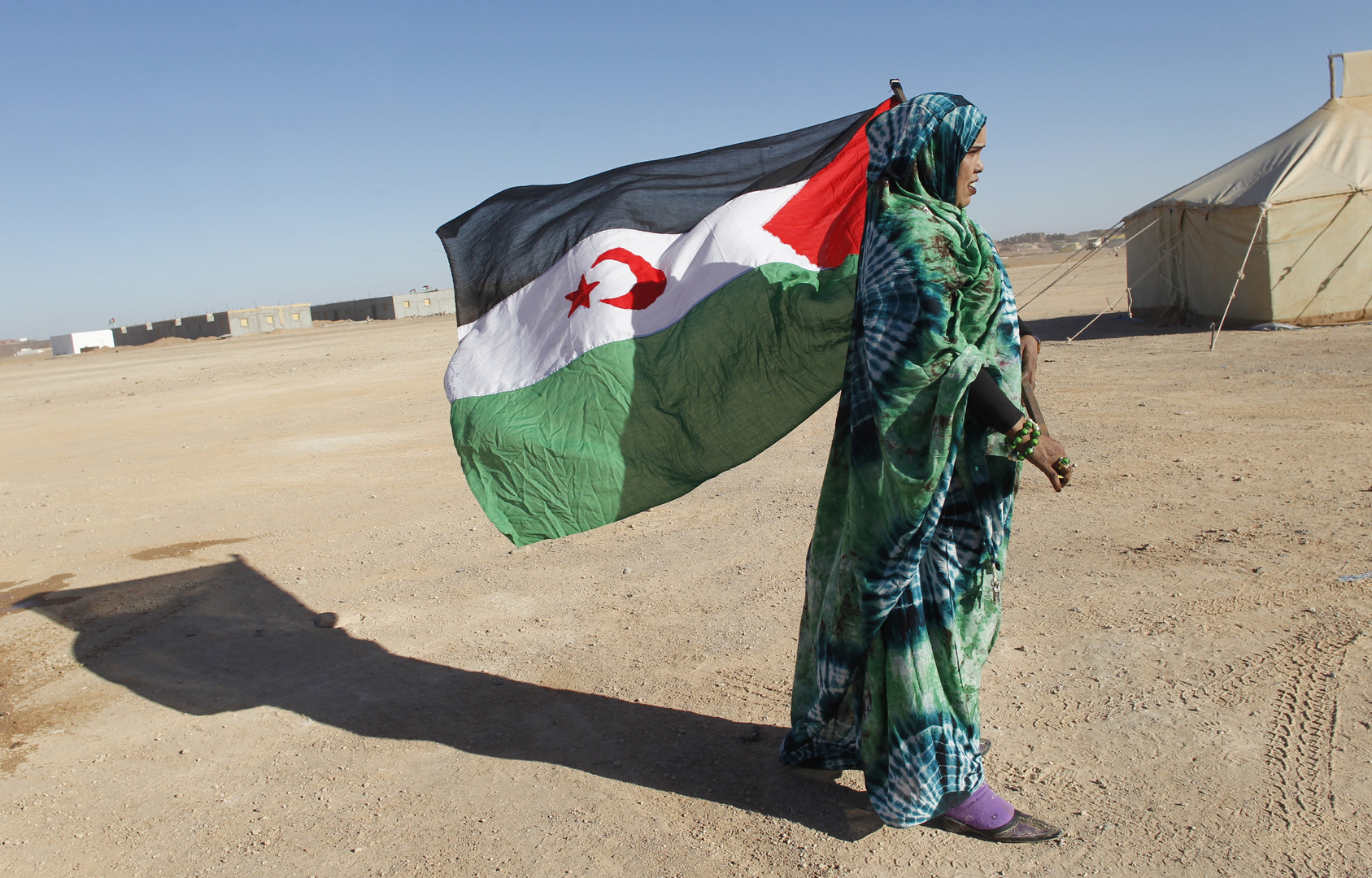EU Court protects Western Sahara from EU-Morocco trade deal
Todas las versiones de este artículo: [English] [français]
Western Sahara Resource Watch | 21 December 2016
EU Court protects Western Sahara from EU-Morocco trade deal
The EU Court of Justice today made its final say on the issue of an EU-Morocco free trade agreement signed in 2012.
The news was broken on the website of the court at 10:30 this morning. The judgment itself is published in French.
The decision is clear. The trade agreement cannot be implemented in Western Sahara, which falls outside of the international borders of Morocco. However, the court does not stop there. In its decision, the judgement goes even further, all the way back to the 2000 Association Agreement which frames the EU-Morocco relations. That agreement too, the court states, cannot be included in Western Sahara. The reasoning follows the line of arguments by the general-advocate of the court who in September 2016 came to the same conclusion. The court thus goes even further than the original judgment from 2015.
"It is not apparent that that people consented to the agreement being applied to Western Sahara", the court stated in a press release.
"This is a wonderful victory for the Saharawi people and for those who advocate for respect of international law in Western Sahara. All those states in the EU which over so many years have advocated for the respect of international law in the territory are now proven right. The EU now has to respect the law in its relations with Morocco, and not put obstacles to the UN peace process in Western Sahara as is the wish of Morocco’s main ally, France", stated Erik Hagen of Western Sahara Resource Watch.
The decision came after EU had appealed a judgement by The General Court of the EU Court of Justice on 10 December 2015. See full timeline in the box.
Even though all states joined the original appeal in January 2016, there was a division within the EU on the applicability of the agreement on Western Sahara goods. Sweden and Netherlands had been most outspoken, stating that no Western Sahara produce can be introduced to the EU as Moroccan.
In June 2012, WSRW documented how produce from agro-industry in occupied Western Sahara ends up in the baskets of unaware EU customers. The products are made on plantations owned by the Moroccan King or French-Moroccan conglomerates. WSRW’s research also demonstrates that the agro-industry in the territory particularly boomed after 2005 - the year the Council mandated the Commission to negotiate further liberalisation for agriculture and fishery products with Morocco.
Polisario has one other pending case before the EU’s General Court, calling for the cancellation of the EU-Morocco Fisheries Partnership Agreement in the Western Sahara territory. The Court is expected to start proceedings in the coming months.
For hyperlinks, see original article






